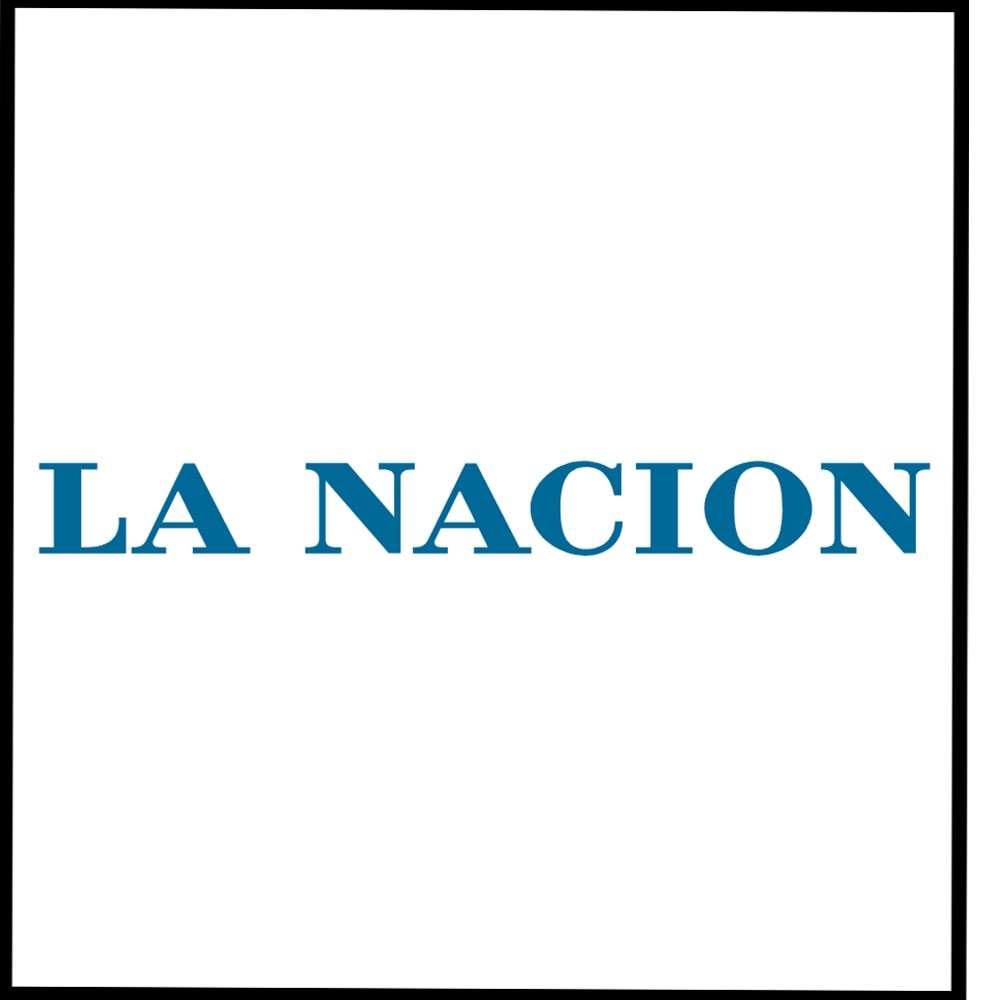Share
July 23, 2021
La Nacion (Agentina)
Venezuela: Maduro, the message of the Vatican secretary of state is a "compendium of hatred"
Venezuelan President Nicolás Maduro described the letter sent by Vatican Secretary of State Pietro Parolin to local entrepreneurs as a "compendium of hatred", in which he noted that the solution to the crisis in the South American country will come if the politicians are ready for serious negotiations. For the first time in nearly two decades, a senior Venezuelan government official attended an assembly of the country's business community, Fedecámaras. The event was also attended by a representative of the Catholic Church, who read a communication from Pietro Parolin, Vatican secretary of state, addressed to the private sector. "When everyone talks about producing and overcoming the economic crisis - added Maduro - an unknown Venezuelan priest arrives, I don't know if he is a monsignor or a bishop,who reads a letter from Pietro Parolin, which is a compendium of hatred, poison, quarrels and cynicism ". The communication sent to the business association by Parolin indicated that the solution to the crisis will be given" if Venezuelans, and especially those who have some kind of political responsibility, they are willing to sit down and negotiate seriously on specific issues, providing answers to the real needs of Venezuelans ”. The reading of Parolin's letter to the Fedecámaras assembly was carried out by a representative of the church, Monsignor Ricardo Barreto, who said that a change of course requires the participation of all the actors, without imposing the point of view of individuals. Venezuela is experiencing a long economic recession that has led to the migration of over five million people,and a profound political crisis for which once again delegations from the ruling party and the opposition have proposed a rapprochement, the beginning of which is still being evaluated.
kommersant.ru
US and Germany sign agreement on Nord Stream 2
The US is ready to end its sanctions war against Russia's Nord Stream 2 strategic pipeline as part of an agreement with the German authorities. But Berlin will pledge to get an extension of the Moscow-Kyiv gas transit agreement for another ten years, until 2034. To do so, Germany still has leverage over Russia and Gazprom - the German regulator may not allow that. Nord Stream 2 is used for more than half.
US and German authorities, "using leverage", intend to push for an extension of the gas transit contract through Ukraine, which expires in 2024, for another ten years, according to a joint statement by the two countries after months of talks. on the fate of Nord Stream 2. Should Russia "use energy as a weapon" or commit "further aggressive actions against Ukraine", Germany agrees to take measures at national and EU level, including sanctions, to limit Russian energy exports to Europe.
The agreement also provides for the creation of a fund of at least $ 1 billion, administered by Germany, which will be used to reduce Ukraine's dependence on gas and to decarbonise its economy. Germany has already pledged to make an initial contribution of € 150 million to the fund. By comparison, Ukraine currently receives around $ 2 billion for gas transit.
At the same time, the Washington Post reports, the United States has pledged not to impose new sanctions against Nord Stream-2, and possibly to eliminate some of the existing ones - for example, the PEESA law prohibits providing services for the technical certification of the pipeline (without passing it, the pipeline will not receive an operating permit). If the United States grants a waiver to the certification company, this could simplify and significantly speed up the pipeline's launch.
However, Germany has an important trump card. The American-German statement separately points out that Germany intends to comply in the context of Nord Stream 2 with the requirements of the third energy package, which "includes an assessment of any risks associated with the certification of the project manager for EU energy security". If the German regulator does not approve the certification of the project company Nord Stream 2 AG as an independent operator, Gazprom will be able to claim no more than 50% of the pipeline capacity, which would automatically force it to continue the gas transit through Ukraine to satisfy long-term contracts.

